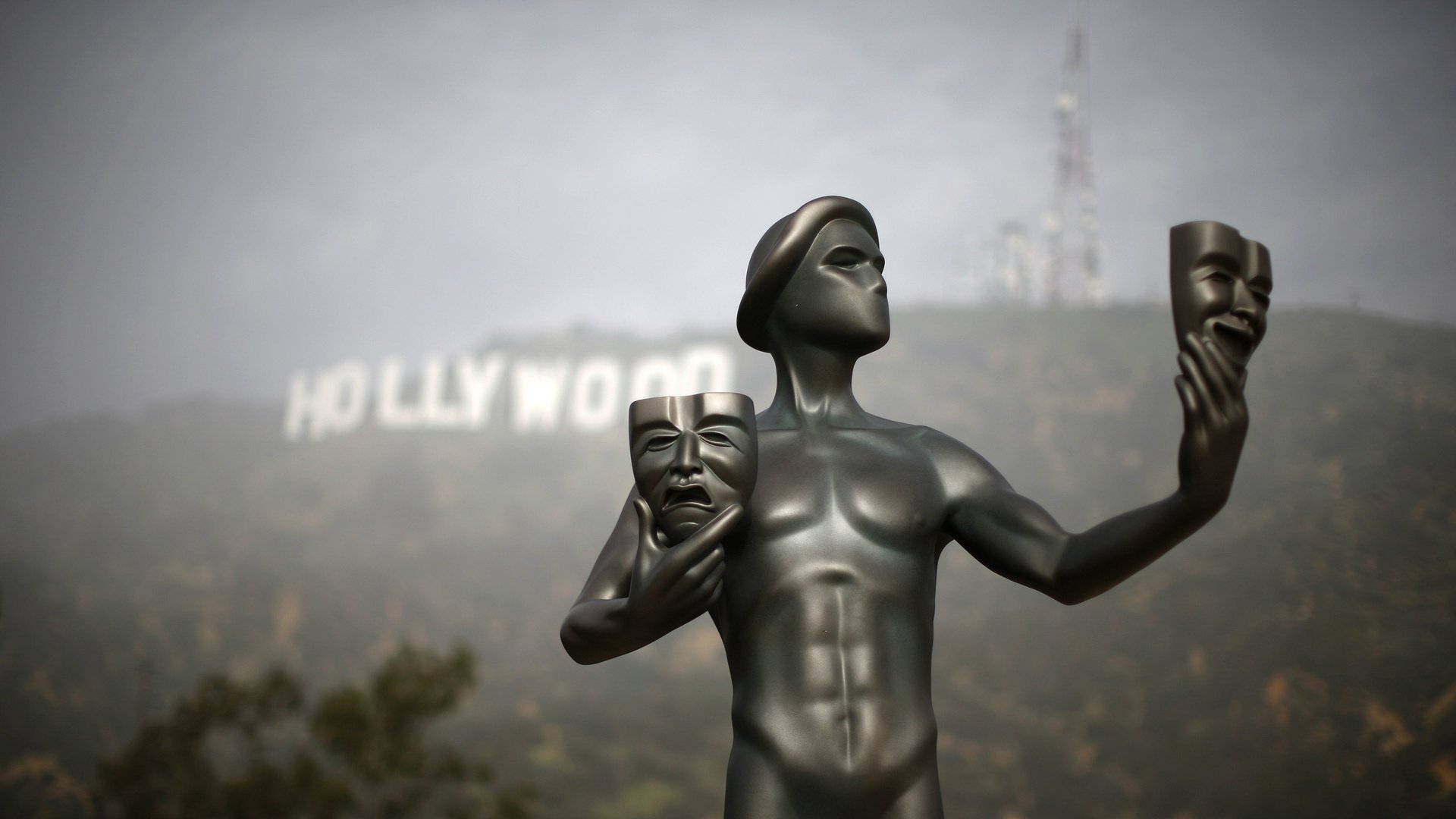Why does every African movie character have the same accent?
Hollywood has an Africa problem. The latest manifestation of this is the trailer of Will Smith’s new film, Concussion, in which Smith plays the real-life Nigerian pathologist Dr. Bennet Omalu.


Hollywood has an Africa problem. The latest manifestation of this is the trailer of Will Smith’s new film, Concussion, in which Smith plays the real-life Nigerian pathologist Dr. Bennet Omalu.
In 2002, Omalu discovered that the hard hits US football players receive in the National Football League (NFL) may cause serious brain damage. His revelations, published in a 2005 paper in the journal Neurosurgery, threatened to kill the game. As the 2013 Frontline documentary “League of Denial” shows, Omalu faced significant pressure to stay quiet about his findings.
Omalu is a hero, and choosing him as the subject of a feature film makes perfect sense. But the execution has been less than perfect.
Following Concussion’s trailer’s release on Aug. 31, it did not take long for people to notice that the Fresh Prince’s accent did not exactly sound Nigerian. Africa is a continent of 54 countries, with an estimated 2,000 languages spoken, all characterized by different patterns of speech. But Smith’s fake accent is a generic lilt, sort of suggestive of how some Africans speak, but with nothing specifying “Nigerian” in the way that, say, Hollywood actors carefully distinguish between Italian and French accents in English.
This is not the first time that an American actor has struggled to authentically portray an African. Remember Morgan Freeman playing Nelson Mandela in Invictus? Again, sounding like a rather generic African speaking.
A similar thing happened with Denzel Washington when he played the iconic South African activist Steve Biko.
Mangling accents is just one manifestation of a film industry that has difficulties telling African stories—or at least, telling them apart. Too often, in Hollywood’s imagination, African characters are all the same.
At least Omalu is the protagonist in Concussion. In more extreme cases of the “generic African,” many films choose to use African characters as the mere backdrop to non-African stories. These are modeled after Out of Africa (1985), the iconic love story between a Danish writer and an American hunter, set in romantic Kenya.
Another common “generic African,” is the sort shown in The Constant Gardener (2005) a murder mystery about one British woman’s plan to save Kenyans from a dangerous experimental drug. In this oft-repeated narrative, African people are passive and helpless victims, with no agency over their lives.
Nigerian novelist Chimamanda Ngozi Adichie calls this the “single story” problem. Single stories, repeated over and over about one group of people or another, make it impossible to appreciate the real-life diversity of narratives and experiences in the world.
The single story is a product of cliched thinking and stereotypes. ”The problem with stereotypes is not that they are untrue, but that they are incomplete,” Adichie explained in a 2009 TED talk. “They make one story become the only story.”
Now Concussion should be an unique story of Omalu’s heroic struggle to reveal the dangers of a sport that has become a billion-dollar business in the United States. It should be the true story of a pioneering Nigerian physician doing what he believes is right under extraordinary circumstances. But Will Smith’s generic African accent in the film reduces Omalu, the character, to another non-specific African.
In this day and age, anyone involved in the making of Concussion could (and should) have realized that Smith does not sound at all Nigerian. Surely someone could have just searched on YouTube to find out what a Nigerian accent sounds like. Or perhaps, just listened to Omalu speak?
Another question worth asking: why did Smith have to play this part at all? There are many well-known and talented actors of Nigerian descent who could have ably portrayed Omalu. Oscar-nominated Chiwetel Ejiofor, of 12 Years a Slave fame, comes to mind. Here he is, playing an immigrant Nigerian doctor, in Stephen Frears’s Dirty Pretty Things.
But perhaps Ejiofor is not as bankable as Smith, who is one of those rare actors who combines box office draw and Oscar nomination pedigree. All the same, he has failed here. And, once again, Africa’s story was the collateral damage.